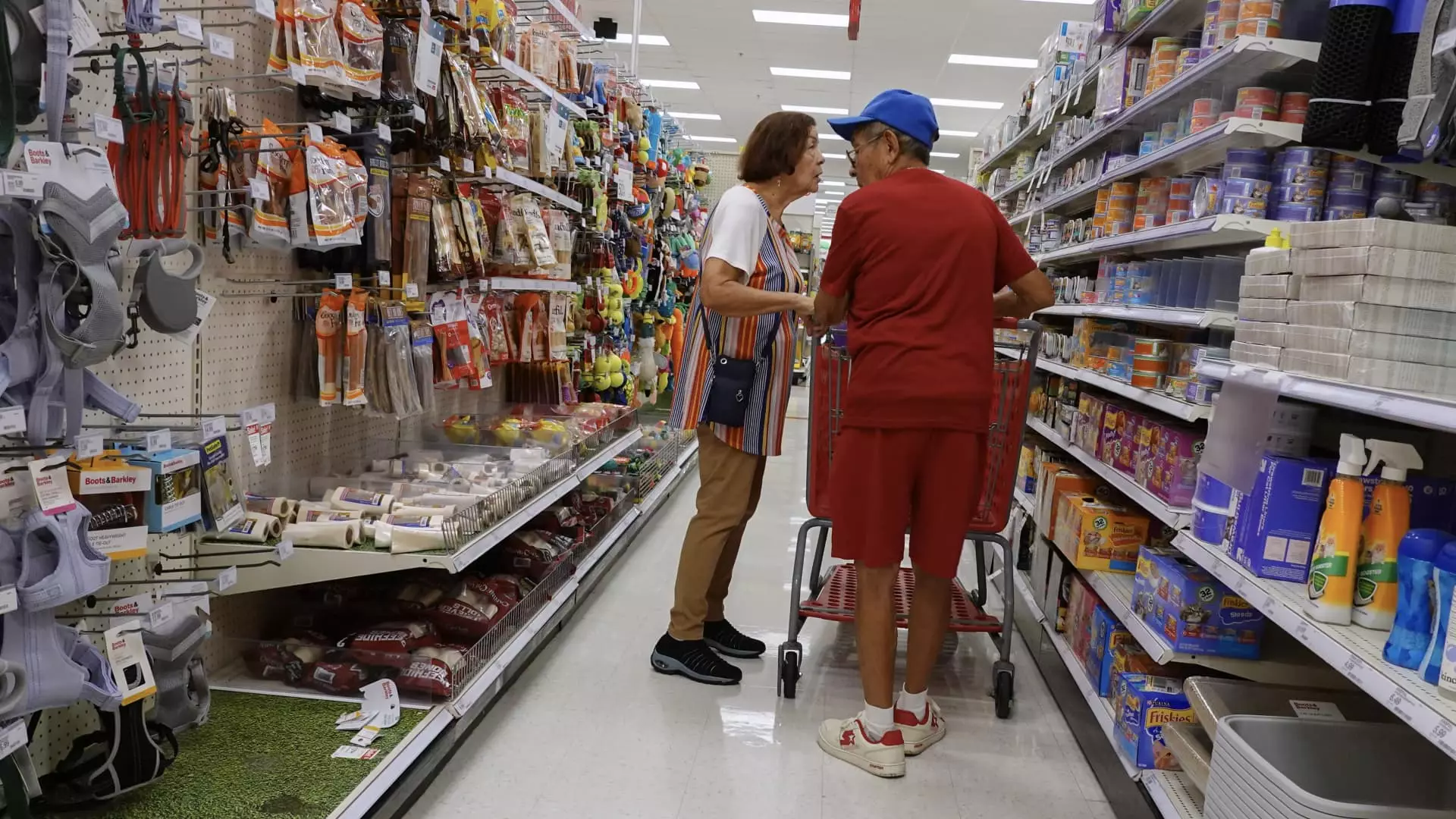Despite the data indicating a robust U.S. economy, a significant portion of Americans hold the belief that the country is currently experiencing a recession. According to a survey conducted by Affirm with 2,000 adults, 3 in 5 respondents expressed concerns about the economic climate. These individuals pointed to rising costs and increased financial difficulty as key indicators of a recession that they believe began 15 months ago and may extend to July 2025.
Vishal Kapoor, senior vice president of product at Affirm, highlighted the impact of persistent inflation on American households. With consumer confidence at a low point, many individuals are seeking ways to regain control over their finances. This sentiment is further supported by a Guardian/Harris poll from May, which revealed that 56% of respondents perceive the U.S. economy to be in a recession, despite consistent growth in the gross domestic product over recent years.
Officially defined by the National Bureau of Economic Research as a significant decline in economic activity lasting more than a few months, recessions are not uncommon in the history of the U.S. economy. In fact, there have been more than a dozen recessions in the last century, with some lasting as long as a year and a half. The most recent recession was in 2020, at the onset of the Covid-19 pandemic.
Economists have been puzzled by the growing disparity between the actual state of the economy and how individuals perceive their financial well-being. Joyce Chang, JPMorgan’s chair of global research, referred to the current situation as a “vibecession” during the CNBC Financial Advisor Summit in May. She noted that while homeowners and individuals with financial assets have thrived, a significant portion of the population has been left behind. The concentration of wealth among certain segments of society has contributed to this disconnect in economic sentiment.
Despite the overall growth in the economy, many Americans continue to face challenges associated with high prices for everyday goods and services. A significant number of individuals have depleted their savings and are turning to credit cards to meet their financial obligations. As household budgets strain to accommodate rising prices and interest rates, more consumers are falling behind on their credit card payments. According to a report by the New York Fed in May, approximately 8.9% of credit card balances transitioned into delinquency over the past year.
Overall, the perception of a recession among Americans highlights the complexity of economic realities and individual financial experiences. While the economy may be performing well on paper, many individuals continue to grapple with financial insecurity and challenges. Addressing these discrepancies in economic perception and outcomes will be essential in ensuring a more equitable and sustainable financial future for all members of society.


Leave a Reply